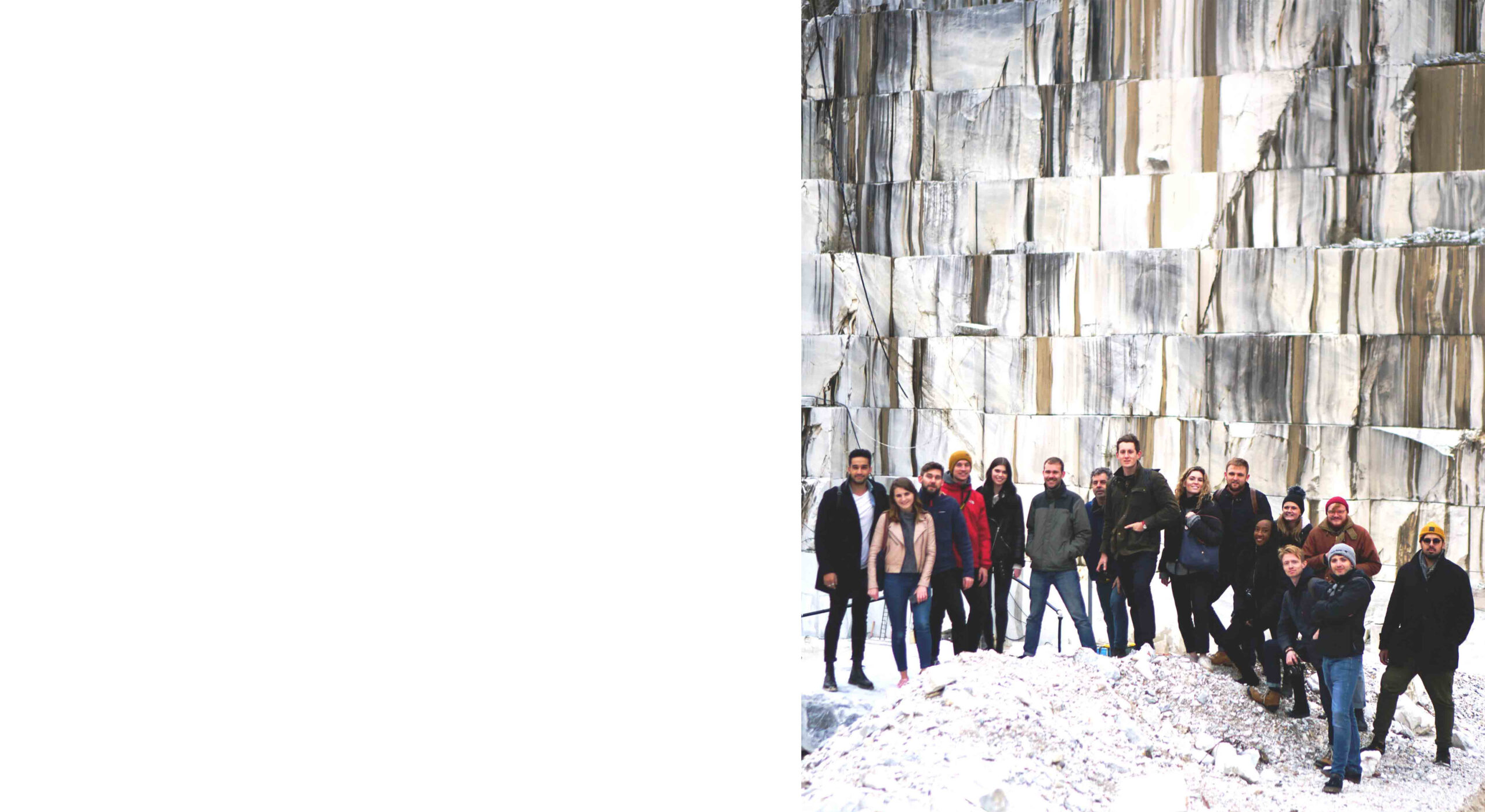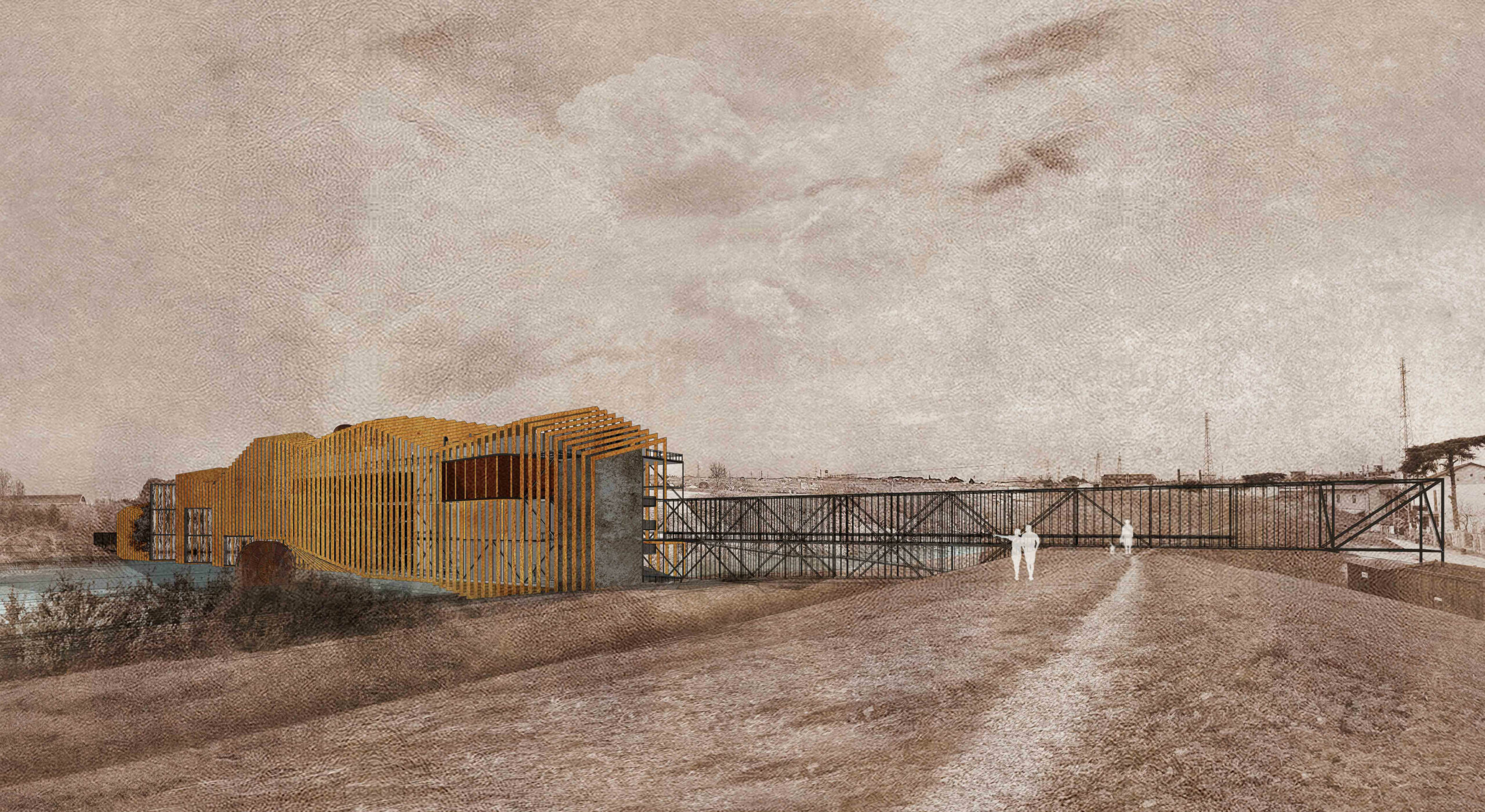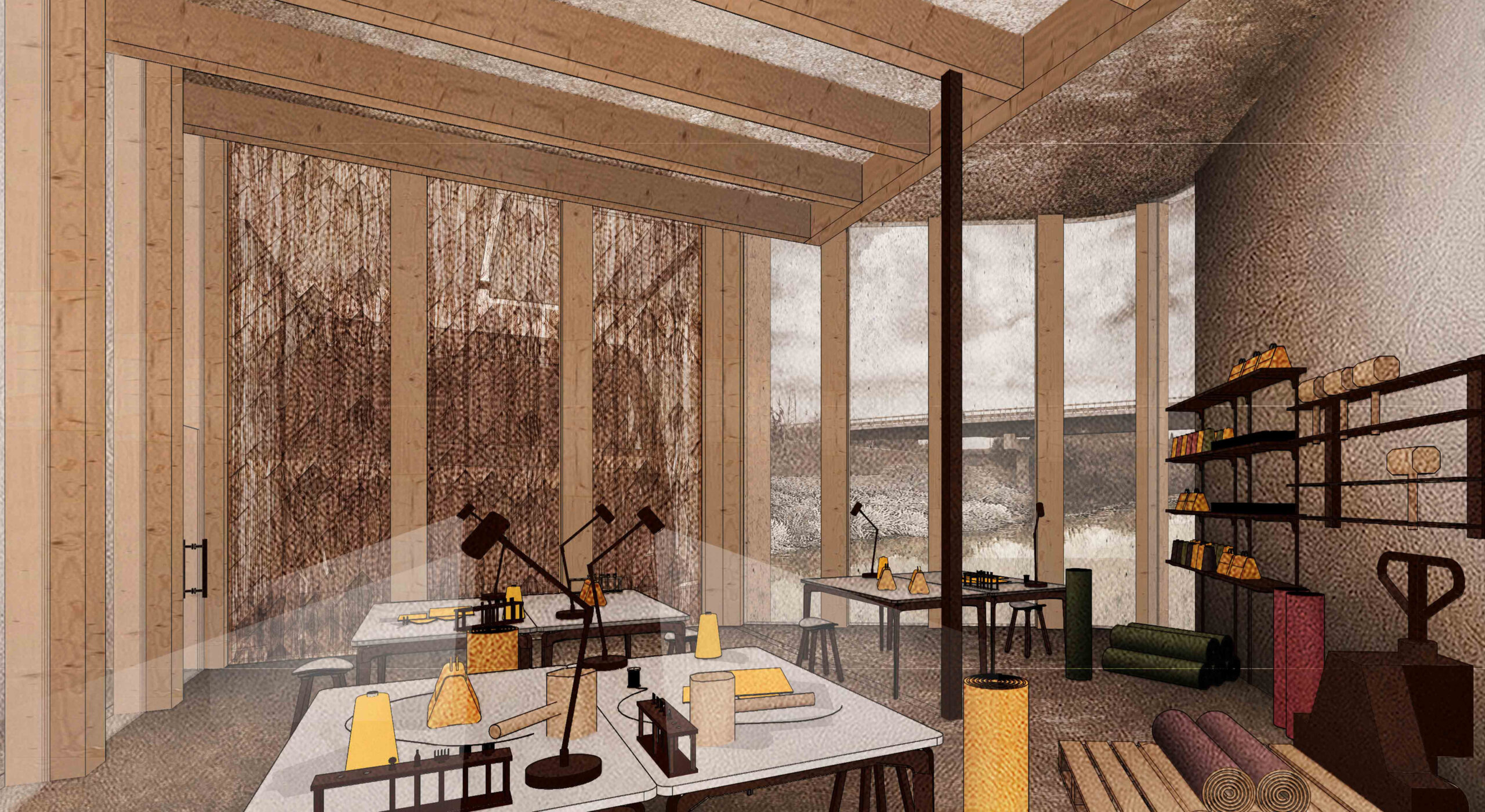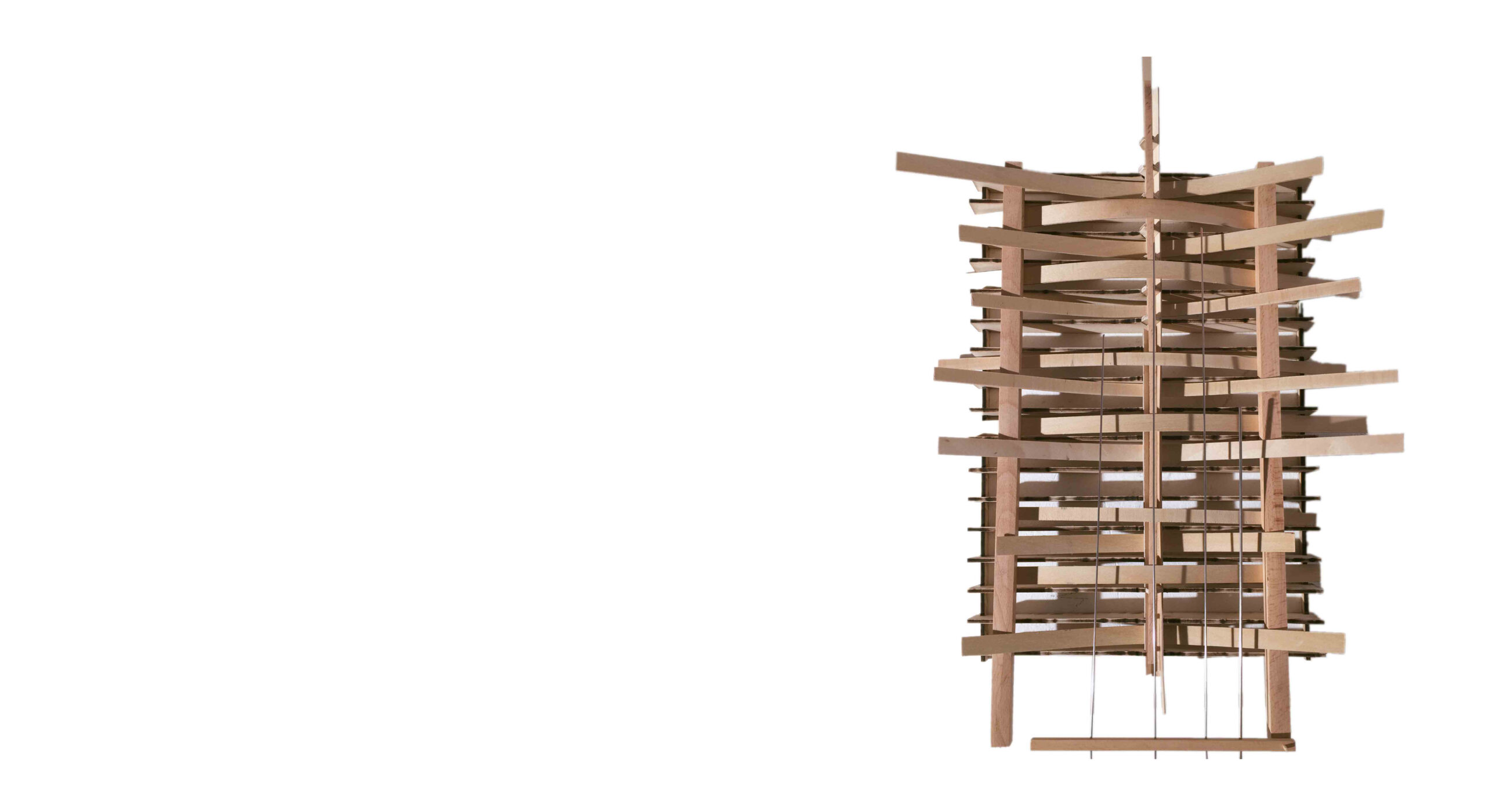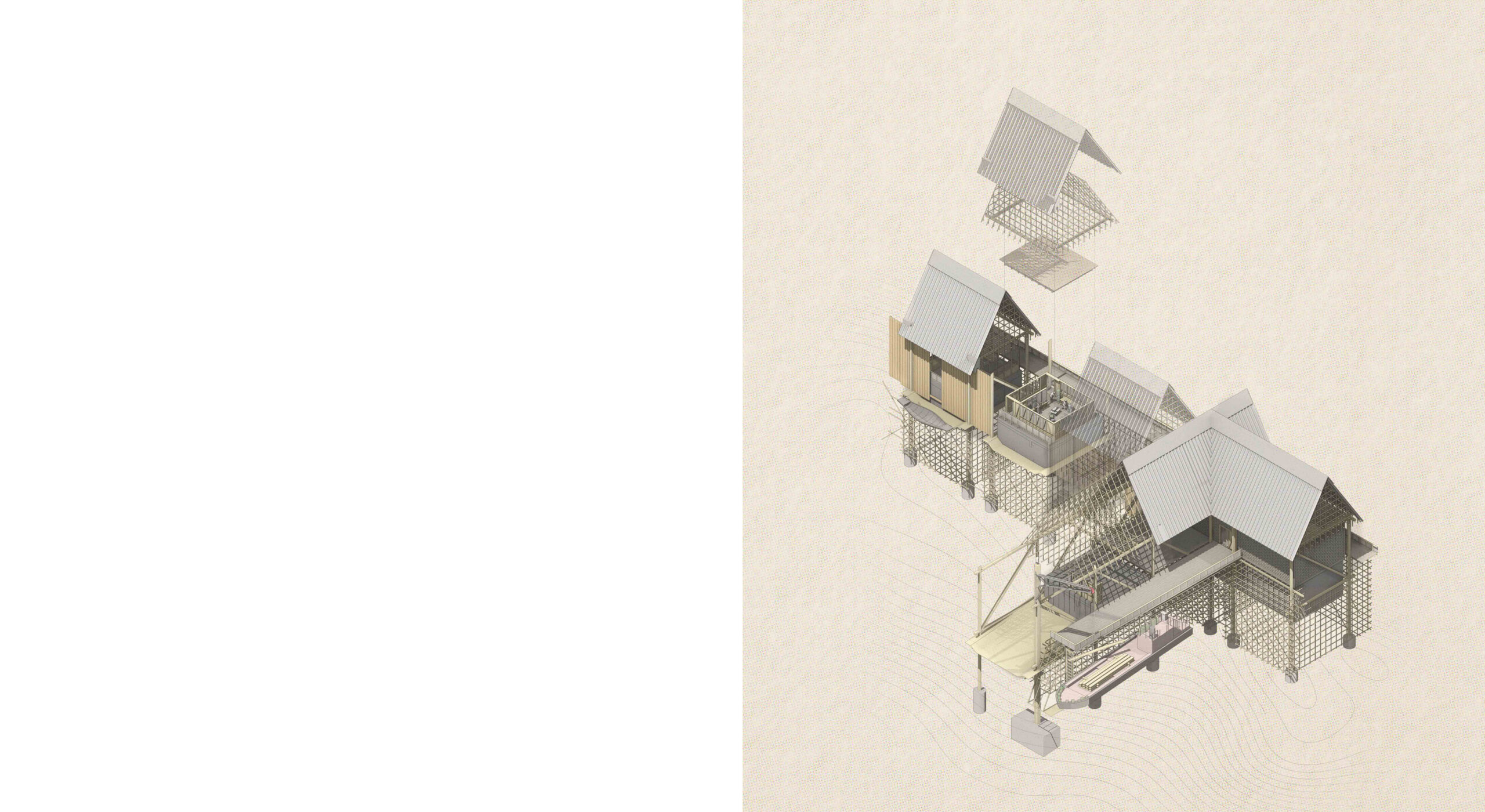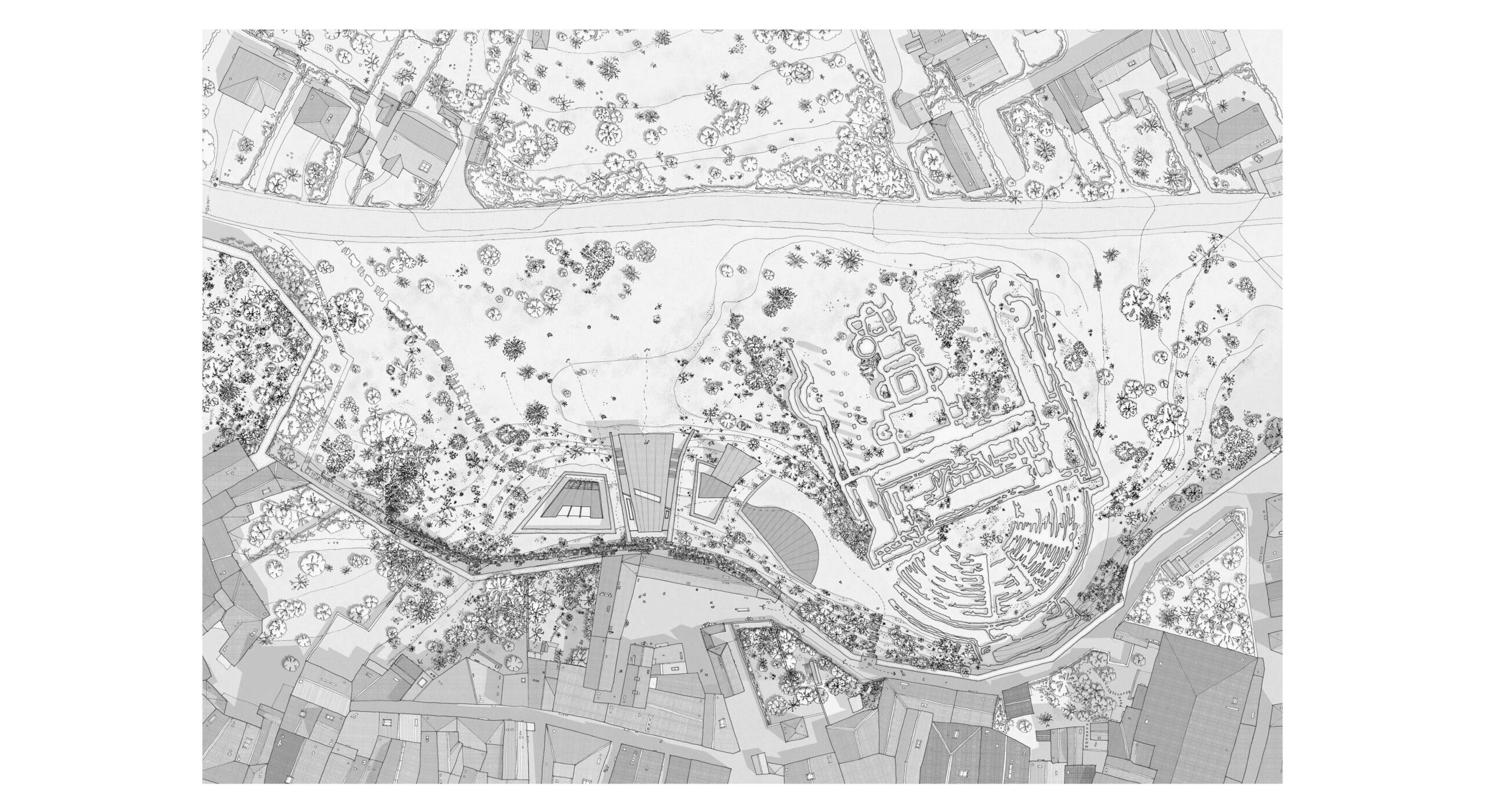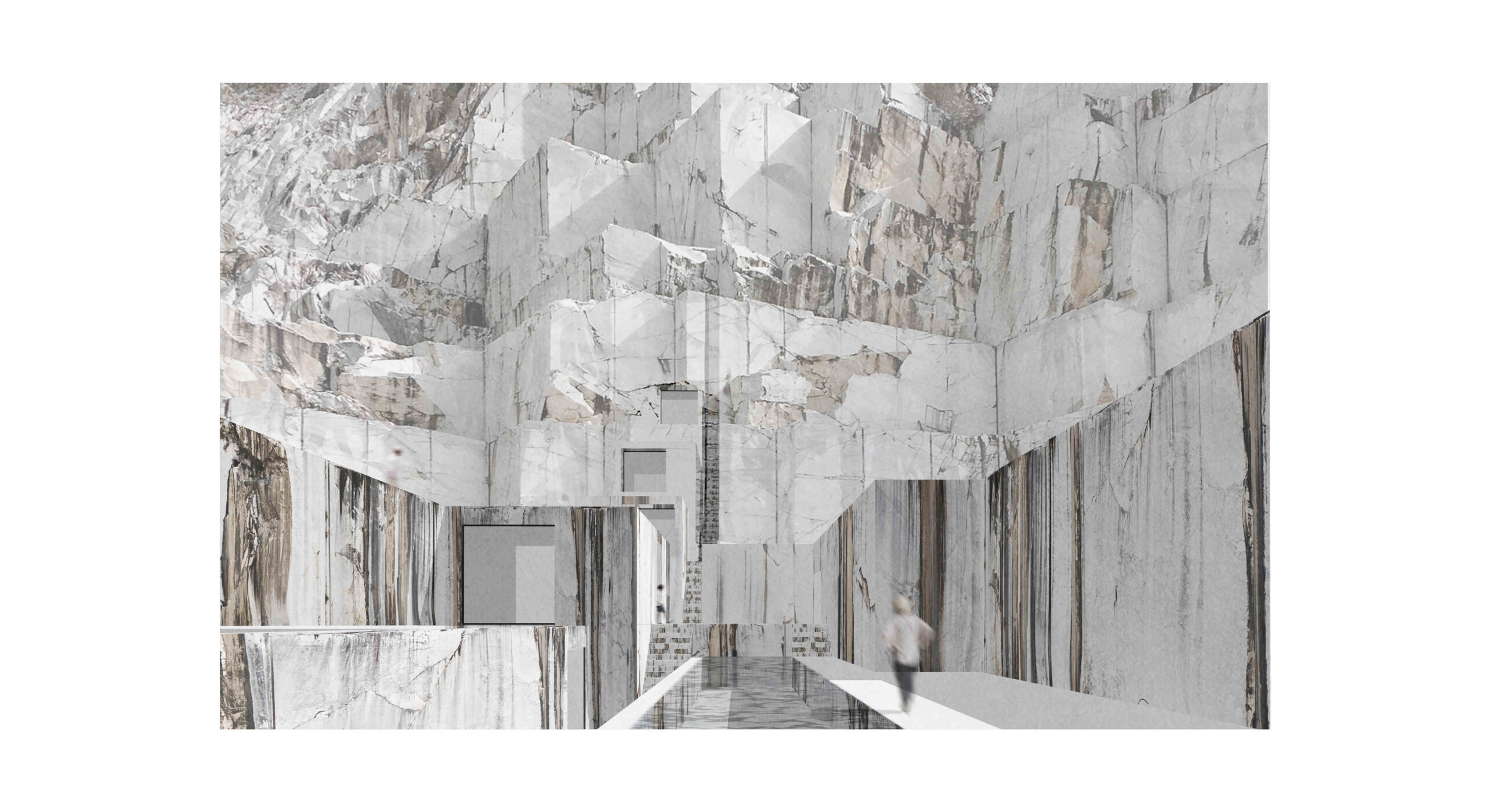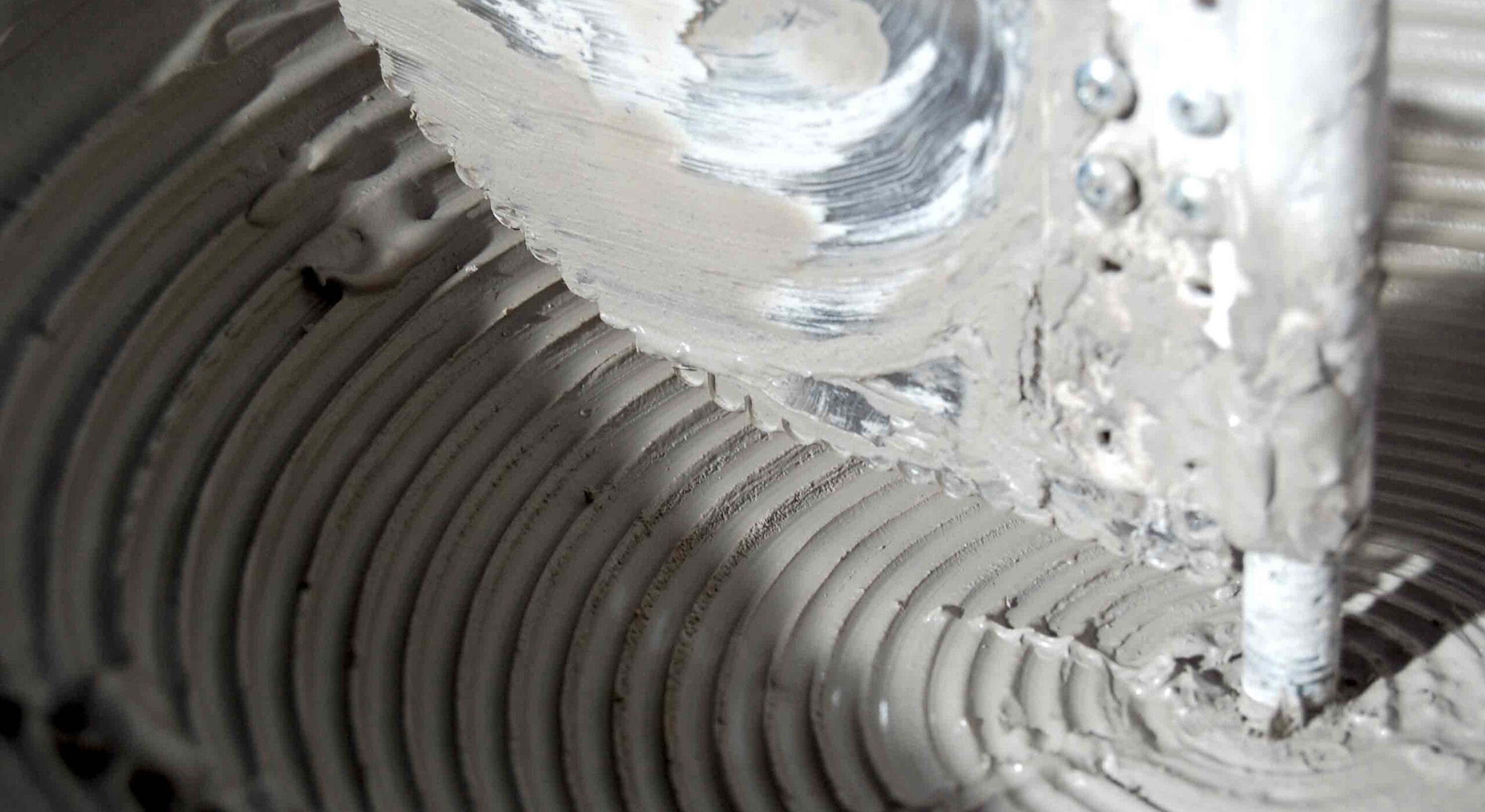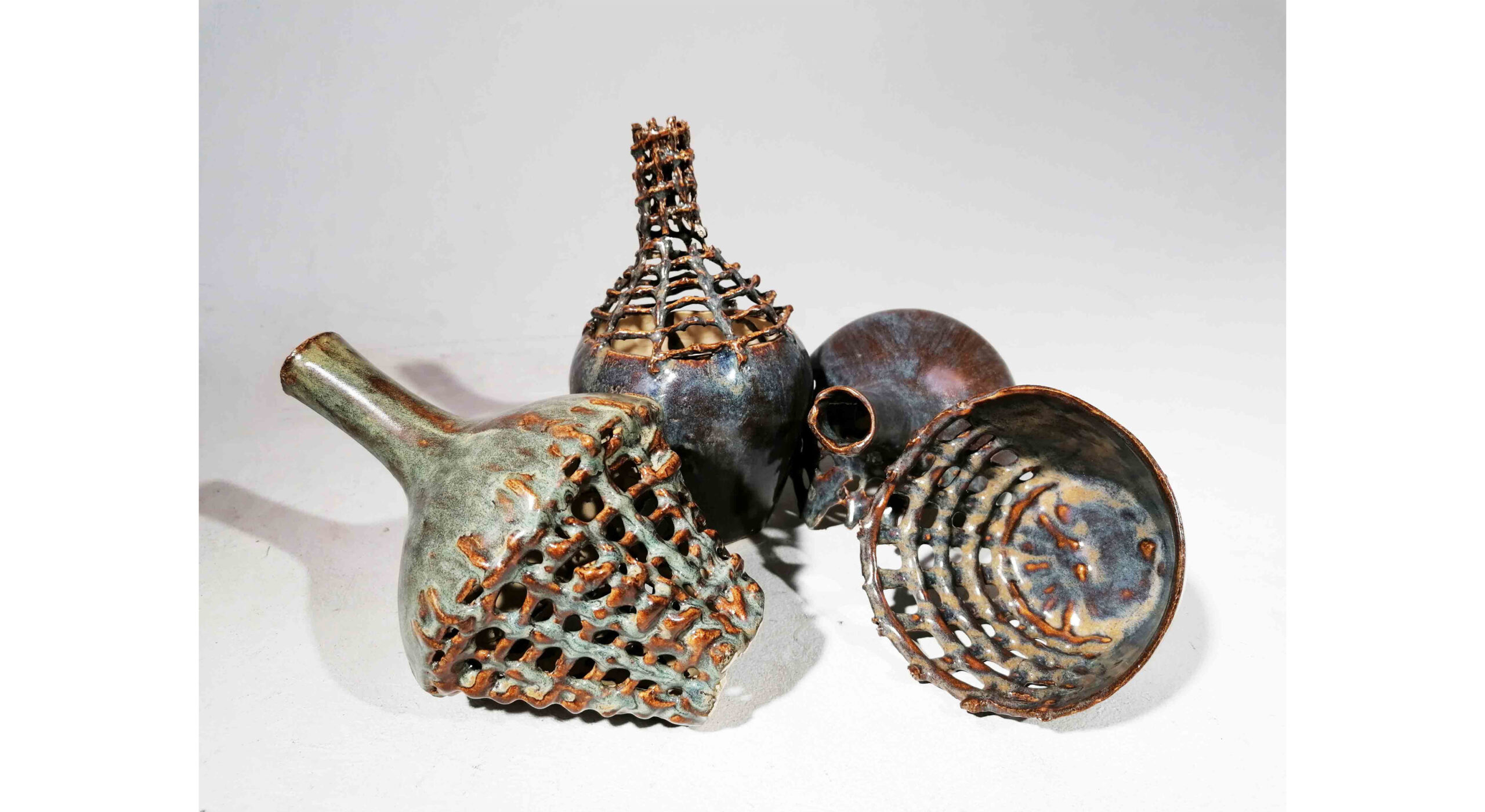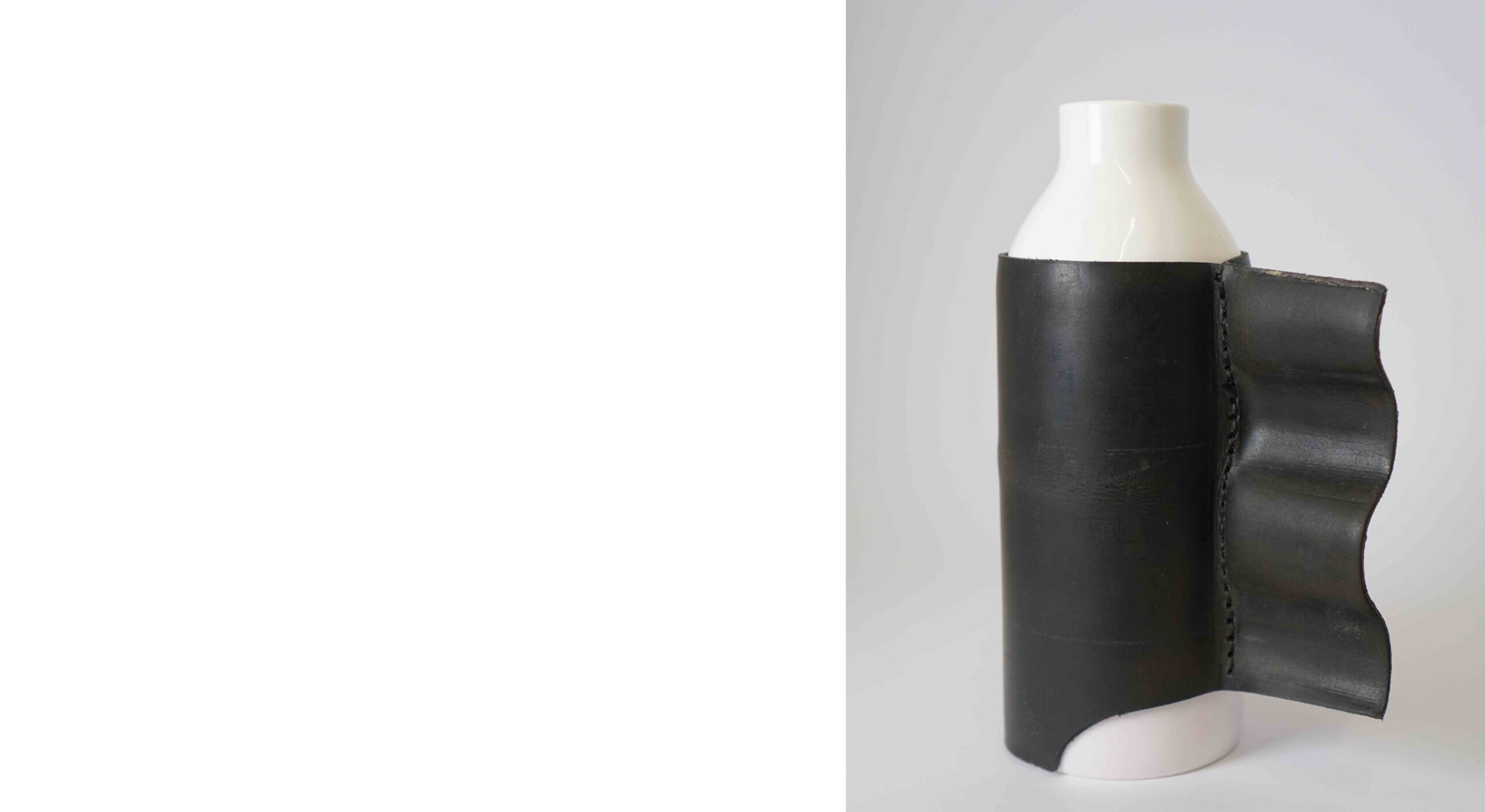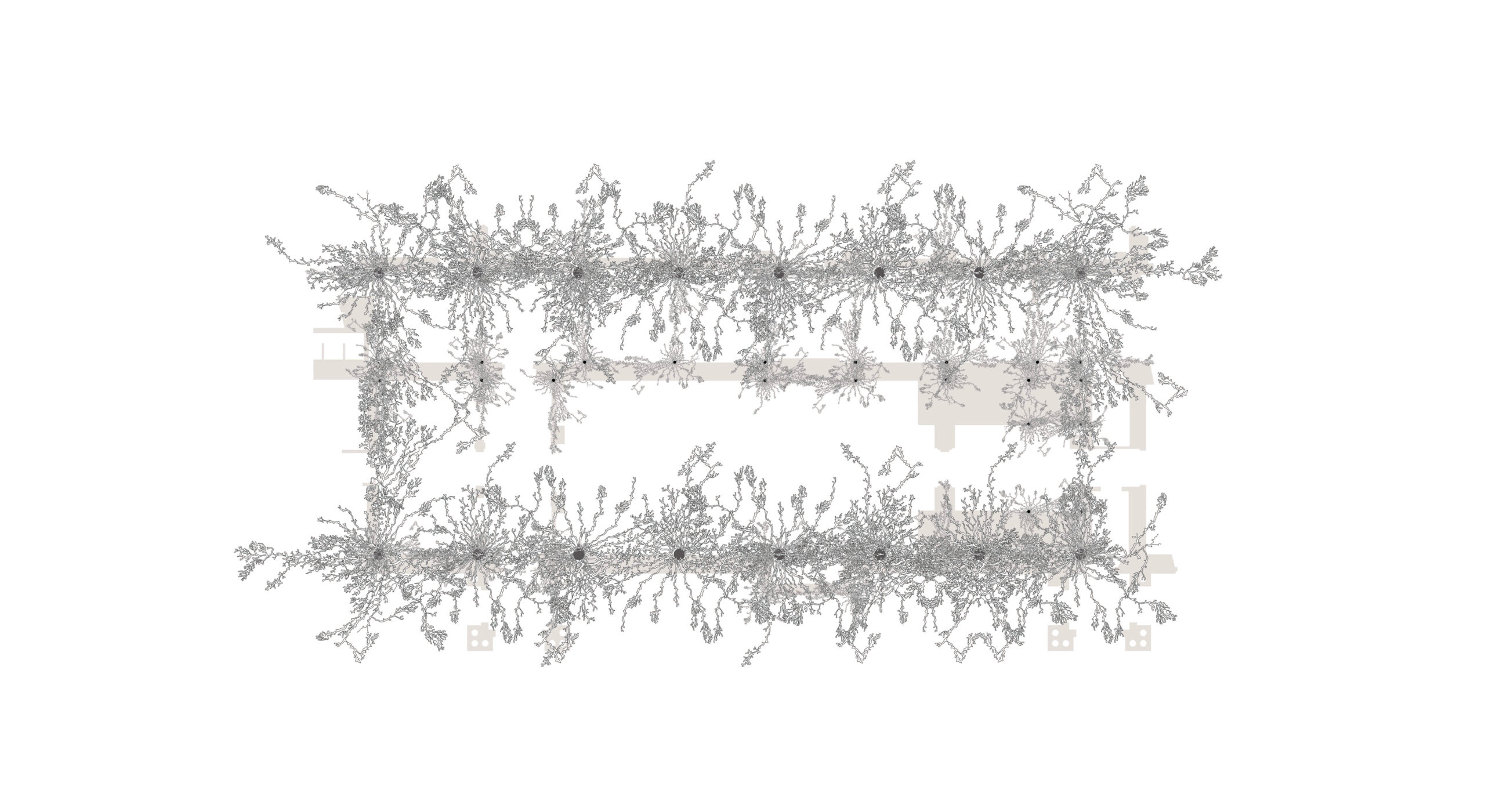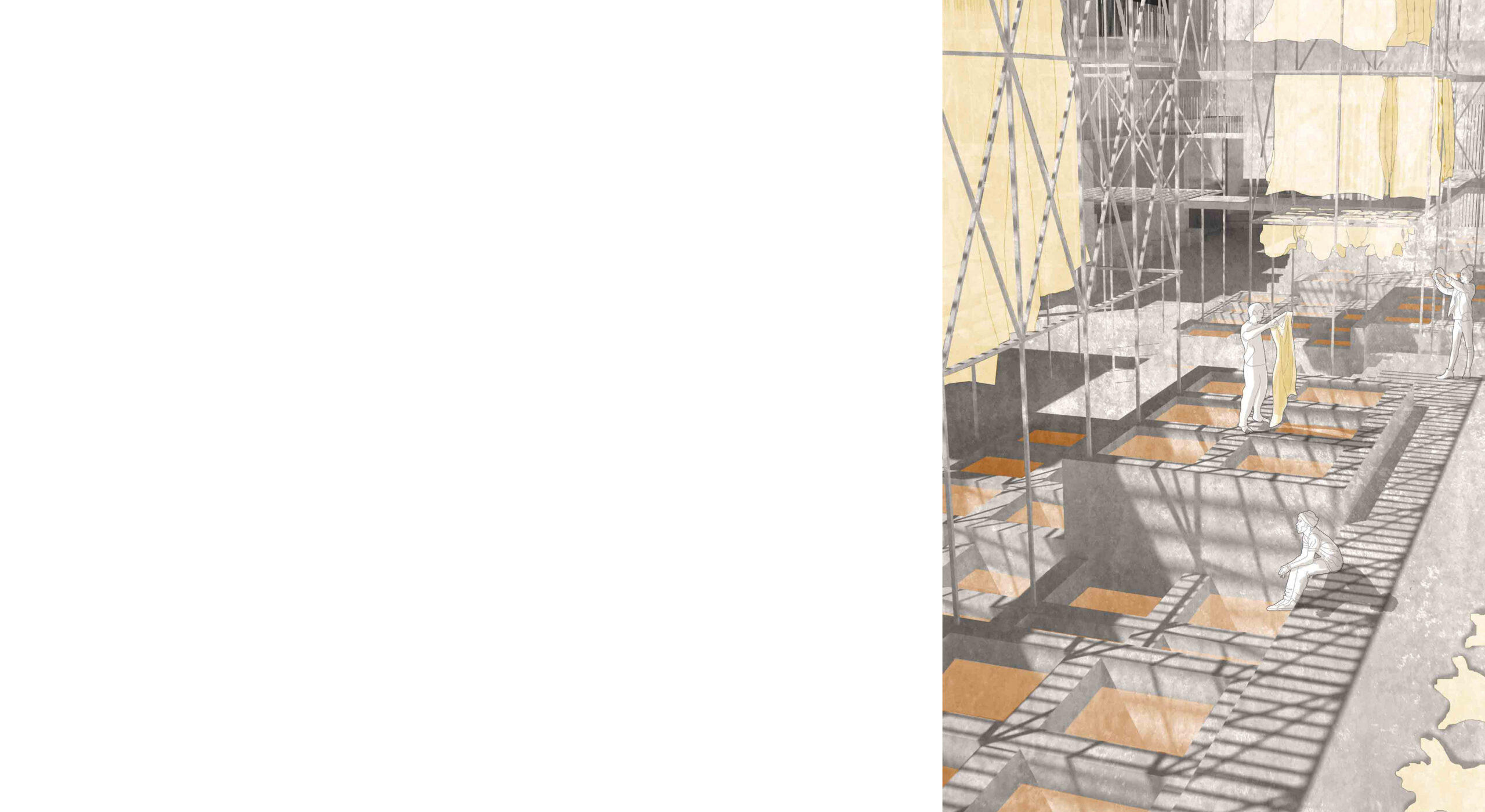Design Studio 16 ARCHIVE
Tutors: Anthony Boulanger, Stuart Piercy and Callum Perry
Anthony Boulanger has an MArch from the Bartlett UCL and is co-founding partner of AY Architects, recognised for innovative design and research, winner of the Stephen Lawrence Prize in 2013.
Stuart Piercy is a Fellow of the Royal Society of Arts and founder of the acclaimed award-winning practice Piercy&Co.
Callum Perry graduated from the studio in 2014 and has since been working at Grymsdyke Farm and at Piercy&Co. Together they offer students a platform for experimentation of architectural concepts instigated by a culture of making.
Forgotten Country
DS16 Philosophy
DS16 has had a fascination with exploring projects through processes of physical making since 2010-11. The studio provides a platform for students to experiment and invent complex architectural and spatial concepts initiated through in-depth investigations of MATERIALS & CRAFT utilised by both hand-made and digital means. We invite motivated and hard-working individuals to participate in this collective discourse while pursuing their own research and design aspirations. It is essential to be inquisitive and experimental; to continually test your ideas through a critical and rigorous process of design and making. Our students’ work is often supported by input from specialist craftspeople and professionals.
The studio aims to challenge and enrich a student’s skills as an architectural designer, thinker, collaborator and maker. The interrogation of analogue and digital techniques should lead to innovative responses that are critically aware of social, cultural, political, environmental and economical contexts.
Rural Change & The Urban Unconscious
This year the studio will examine and respond to the increasing intensity of change occurring to the countryside and its contradictory relationships with urban life. The pastoral, picturesque and “authenticity” associated with rurality is simply nostalgia taught over several decades by the city.
Although the rural population has been in steady decline (over 50% of the world’s population now inhabits only 2% of the land), the countryside is experiencing an intensified transformation designed in a variety of forms and activities and is increasingly shaped by technology, migration and climate change. Growing global market economies and the current political environment at home and abroad has reminded us of the importance of the countryside.
We will consider historical writings and recent research on the topic, including REM Koolhaas’ project with Harvard GSD students culminating in the upcoming exhibition “Countryside, Future of the World” at the Guggenheim Museum NYC. We will speculate on critical architectural responses to this transformation that inspire new relationships generated for or by rural environments.
On Location
Initial research and the commencement of the main individual projects at the beginning of Term 1 will be enhanced by visiting places of interest in the UK that have redefined traditional rural locations.
Yorkshire Sculpture Park, the UK’s first open air sculpture gallery, formally established in 1977 on the Bretton Estate, was originally settled in the 12th century and later transformed into an 18th century picturesque English landscape. The international art gallery Hauser & Wirth Somerset opened as a multi-purpose arts centre at Durslade Farm in Bruton in 2016 on the principles of conservation, education and sustainability. The intervention has given new impetus for the farm, village and local area. It is a tourist destination in its own right. The fabrication workshop at converted Grymsdyke Farm in Buckinghamshire (which DS16 has strong links to) and Benchmark Furniture Workshop in Hungerford are examples of creative enterprises serving greater London.
Hybrid Artefacts
In parallel with the main project research in Term 1 the sudents will work in groups of 2 or 3 on an intense 4-week project to conceive, design and produce (and install if suitable) an artefact: object, piece of furniture, tool, component or otherwise that, in its completed state, comprises at least one traditional material/technique and one digital material/technique. Concepts will be inspired by our research of the perpetually changing countryside and our “On Location” experiences. The pieces will be experimental, beautiful and culturally meaningful. We will make best use of the FabLab and, where appropriate, Grymsdyke Farm and Rochester Square – the Camden based ceramic workshop we collaborated with last year. We imagine an inspiring collection of distinctly different artefacts supported by well documented design and making practices.
Study Trip
The study trip will be to Tuscany. Here we will research, explore and discover similar (or maybe dissimilar) scenarios of countryside transformation. A highlight of our trip will be visiting the extraordinary Carrara Marble Quarry, where continuous extraction of the fine stone starting in the Roman ages has produced a severely altered physical landscape.
Individual Design Thesis
The individual design projects will feed off of the investigated themes to be situated in a defined rural centre in either England or Tuscany. The students will conduct their own research and develop their own project brief, selecting a stimulating site and defining intricate spatial programmes. The themes are intentionally open to allow the students to develop their own personal take for inventing compelling architectural propositions with contrasting scales and approaches. Learning from last year, the students will focus on the main individual project from the start of Term 1 to have more time in developing the physical characteristics of their designs through making.










